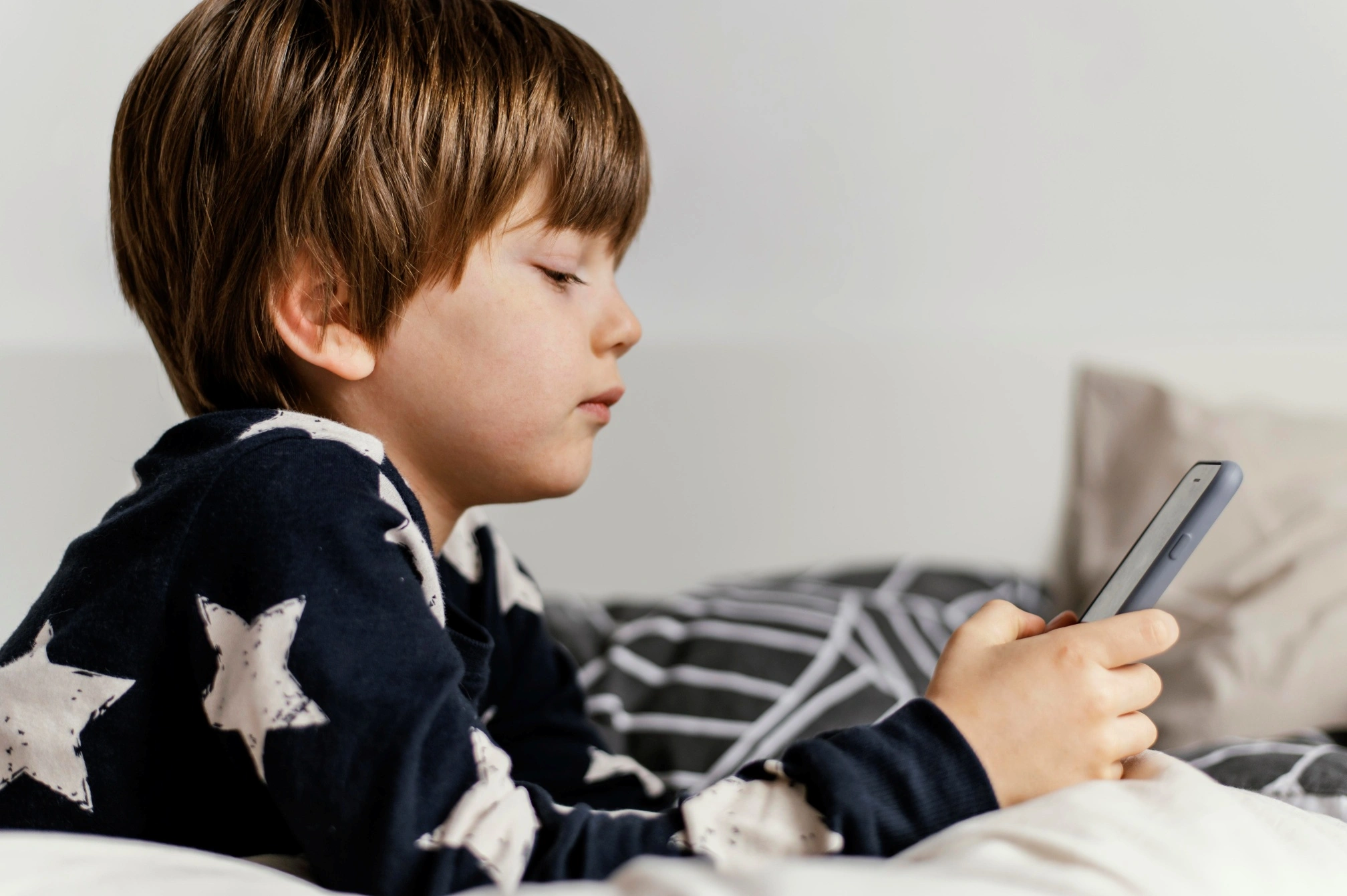Children and Social Media: Are They Really Safe Online?

Digital technology has become inseparable from modern life — it shapes how adults work, communicate, and learn, and it increasingly defines childhood too. Social media, once a space for connection and self-expression among adults, has now become part of children’s everyday world. But with this growing presence come new dangers — especially online harassment and sexual exploitation, which too often target the most vulnerable users.
In her interview with Labebe, lawyer Ana Tavkhelidze notes:
“We often encounter cases of sexual violence and harassment against children online because they are easy targets. In many cases, a child doesn’t even realize that there’s an adult behind the screen.”
Do Children Need Social Media?
By policy, most platforms are meant for users over eighteen — yet, in practice, that rule is almost never followed. Many children create accounts, sometimes with a parent’s permission, sometimes without. Once inside, they enter a world where the line between reality and the virtual fades.
Having a profile itself isn’t the problem. The danger begins when a child explores online spaces alone, without understanding the risks. That’s why parental involvement isn’t optional — it’s essential. Parents play the leading role in prevention and in teaching children how to navigate the internet safely.
As Tavkhelidze explains:
“Parents need to be aware of what kind of content their child can access. There are tools that help manage this, and platforms themselves are obliged to filter what information reaches children.”
Trust: The Real Foundation of Online Safety
Protecting a child online isn’t just about filters or passwords — it starts with trust.
If a child fears being punished or shamed, they’ll keep quiet about what happens online. And when that happens, the danger doesn’t disappear — it grows stronger in silence.
“When a child doesn’t trust their parents, they hide what’s going on — and the abuse can escalate into something far more serious,” Tavkhelidze warns.
That’s why prevention depends as much on open communication and emotional connection as on technical tools. A child needs to know that a parent is an ally, someone they can turn to without fear.
Laws Exist — But Awareness Lags Behind
Georgia has laws designed to protect children’s rights and address online crime. Yet, as Tavkhelidze points out, these mechanisms rarely work effectively in practice.
The main reason is low awareness — among both children and parents. Many simply don’t know how to recognize a threat or where to seek help.
As a result, few cases are reported to authorities, and the system’s response remains weak. Legal protection, Tavkhelidze stresses, can only be effective if it’s supported by a culture of responsibility and digital literacy.
Online safety shouldn’t mean cutting children off from the digital world. It means teaching them to live in it wisely and safely.
In an age when any content is one tap away, protecting children requires more than prohibitions — it calls for guidance, trust, and education.
Ultimately, parents aren’t just supervisors in this process — they are mentors and partners, helping their children explore the internet with awareness and confidence.


